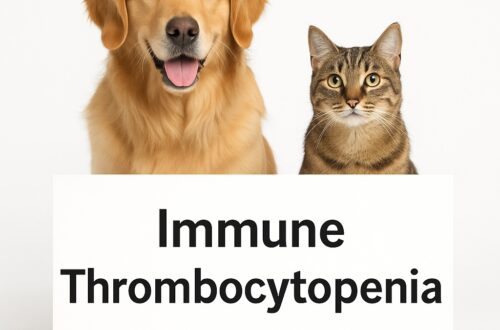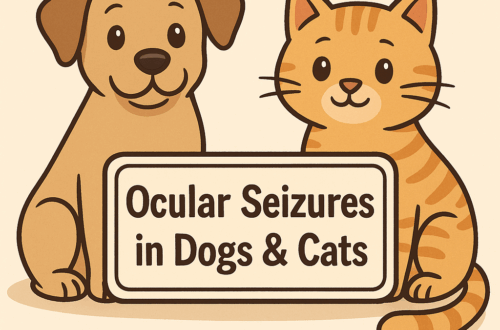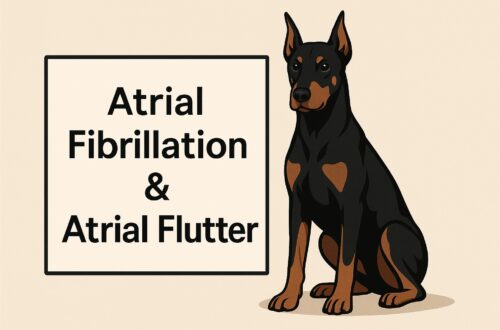Everybody loves chocolate, right? Many of us can’t resist a juicy strawberry dipped in dark chocolate. Unfortunately, our dogs often feel the same way, and that craving can turn deadly. Chocolate toxicity in dogs is one of the most common veterinary emergencies, and understanding the risks can save your pet’s life.
Why Is Chocolate Toxic to Dogs?
Chocolate contains two dangerous stimulants called methylxanthines: caffeine and theobromine. While humans metabolize these chemicals fairly quickly, dogs process them much more slowly. This delay allows toxic levels to build up in their bloodstream, affecting the nervous system, heart, and muscles.
Methylxanthine Levels in Different Types of Chocolate
| Chocolate Type | Caffeine (per oz) | Theobromine (per oz) |
|---|---|---|
| White chocolate | 0.85 mg | 0.2 mg |
| Milk chocolate | 6 mg | 44–56 mg |
| Semi-sweet chocolate | 22 mg | 238 mg |
| Baking chocolate | 35–47 mg | 393 mg |
Even small amounts of dark or baking chocolate can poison a dog. For example, as little as 0.2 oz/kg of baking chocolate can be lethal.
Signs of Chocolate Poisoning in Dogs
If your dog sneaks a candy bar, you may notice symptoms within a few hours. The classic signs of chocolate poisoning include:
- Vomiting (sometimes with a chocolate smell)
- Diarrhea
- Restlessness and hyperactivity
- Excessive thirst and frequent urination
- Rapid heart rate (tachycardia)
- Fast breathing (tachypnea)
- Muscle tremors or seizures
- Weakness or unsteady walking
In severe cases, chocolate ingestion may also trigger acute pancreatitis, a painful and potentially life-threatening condition.
How Veterinarians Treat Chocolate Toxicity
Prompt veterinary care is essential. Treatment often includes:
- Inducing vomiting (if ingestion was within ~4 hours and safe to do so)
- Activated charcoal to reduce absorption of toxins
- IV fluid therapy to support hydration and promote toxin elimination
- Heart and seizure medications to stabilize critical patients
- Anti-nausea drugs for vomiting
- Urinary catheterization to help flush methylxanthines from the bladder
With fast intervention, most dogs recover fully. Without treatment, chocolate intoxication can cause life-threatening heart arrhythmias and seizures.
The Takeaway for Pet Owners
Chocolate may be a sweet treat for us, but it’s toxic, even deadly, for dogs. Keep all chocolate and cocoa products well out of reach. If your dog eats chocolate, call your veterinarian or the ASPCA Animal Poison Control Center immediately.





